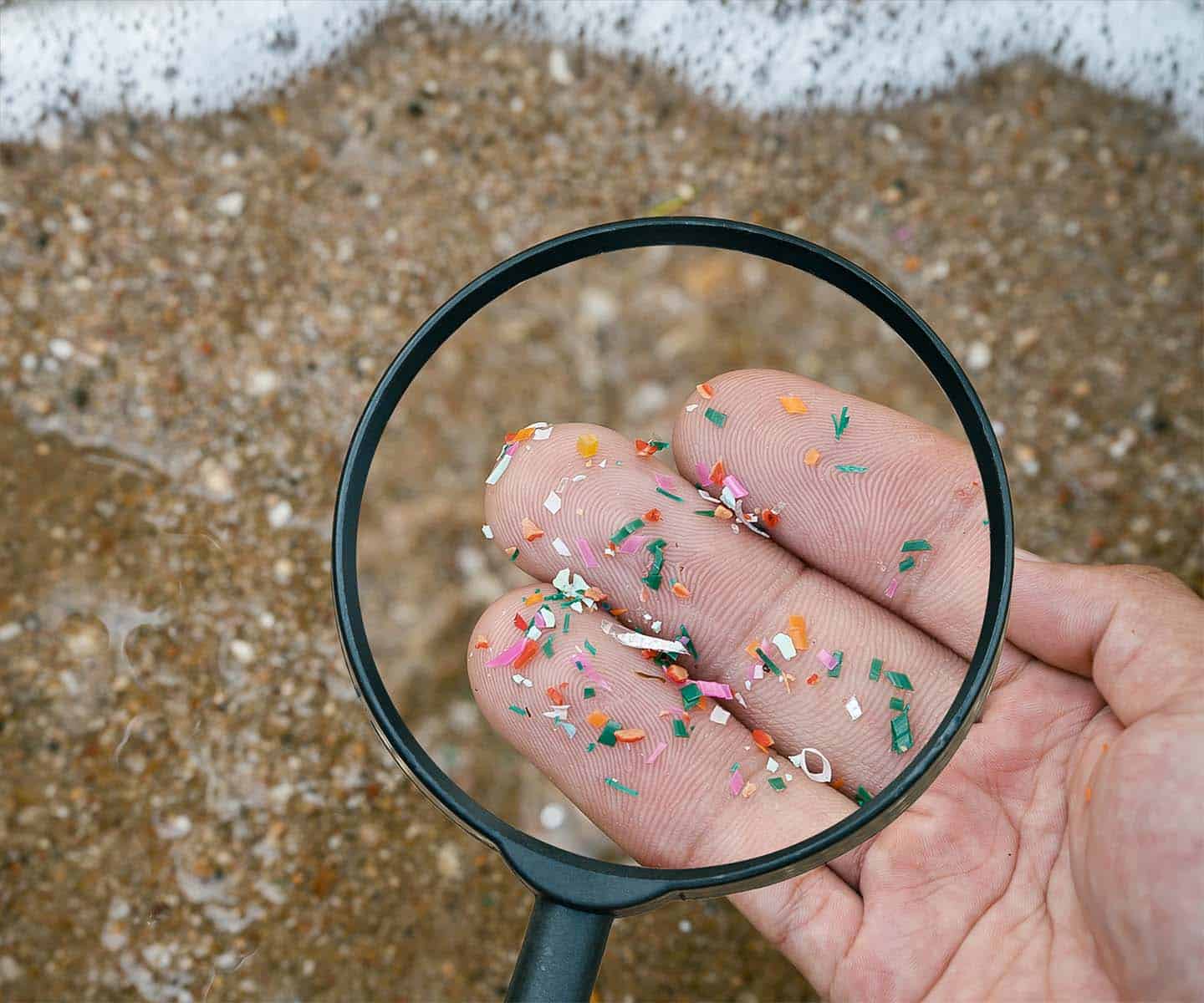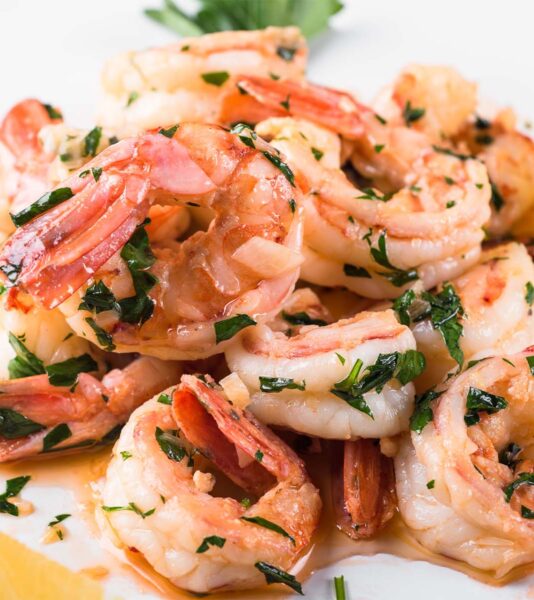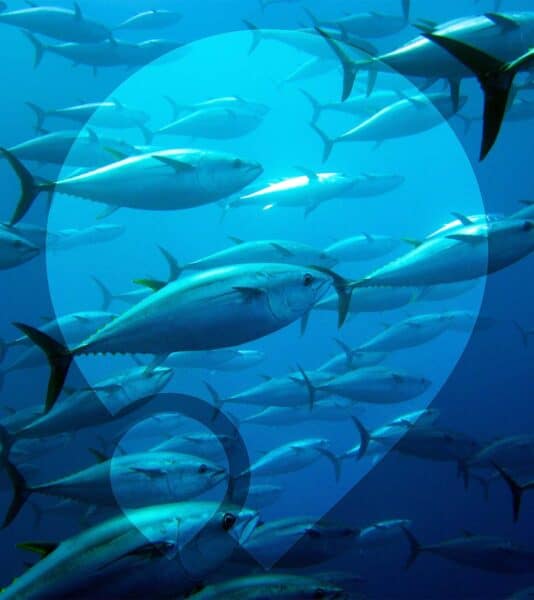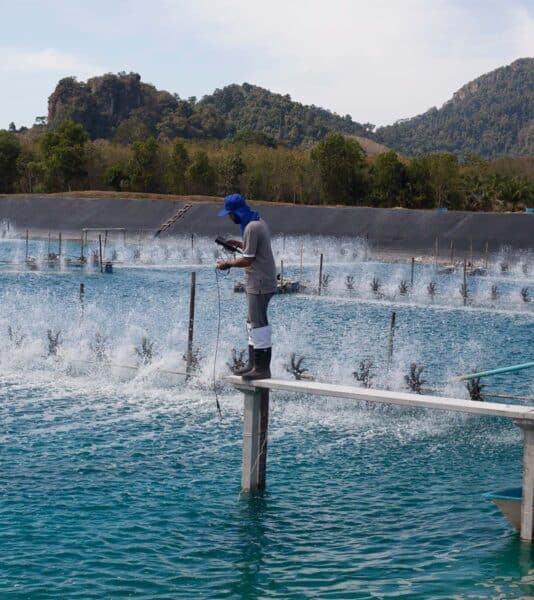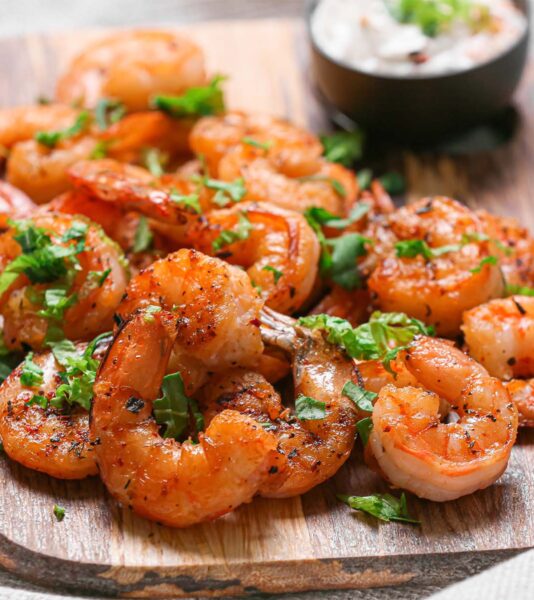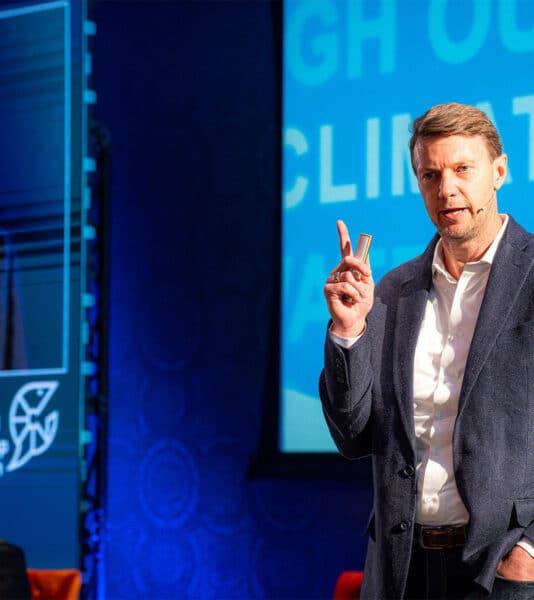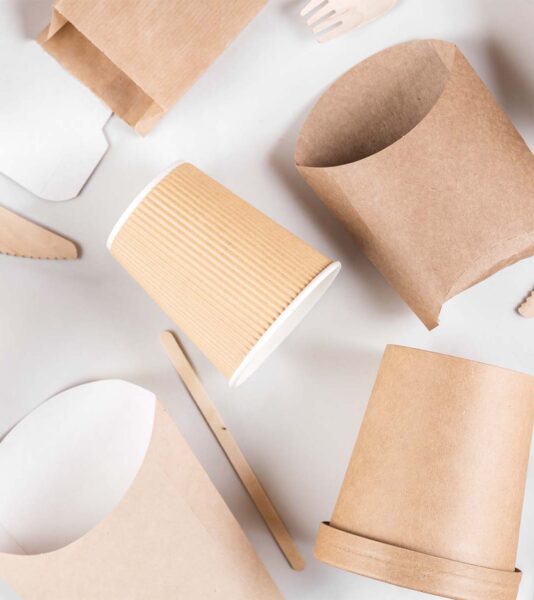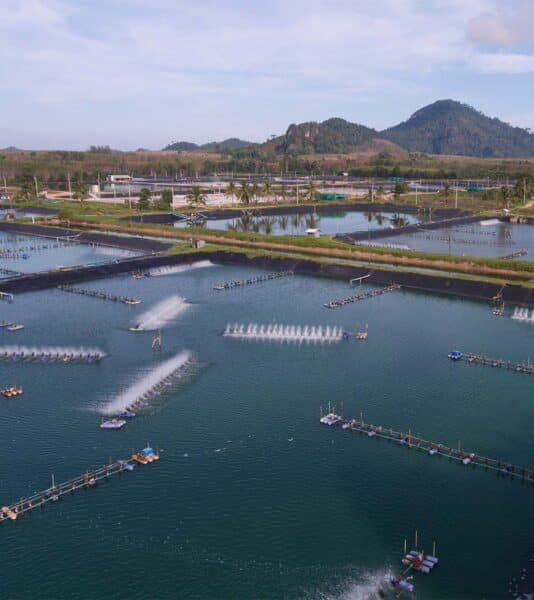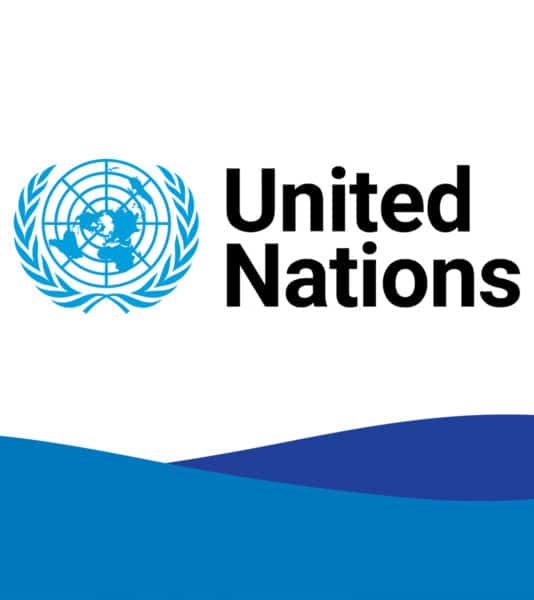As World Ocean Day (June 8) approaches, attention focuses on a mission shared across the globe—to ensure healthy oceans and a stable climate. Chicken of the Sea is active in this mission through the sustainability strategy of its parent company, Thai Union. The strategy is called SeaChange®, with goals to help reshape the seafood industry with solutions for people and planet that better sustain a future for all.
Reducing ocean plastics is a crucial component of this strategy. The Nature Conservancy reports that nearly 9 million tons of plastic enter the ocean every year. A comprehensive approach involving many stakeholders is needed to reduce ocean plastics.
Where do ocean plastics come from?
Plastics in the ocean can come from land or ocean activity. The International Union for Conservation of Nature and Natural Resources estimates that 80% of ocean plastics arise from land waste sources, and 20% from ocean-based sources. Since the 1950s, they add, only 10% of plastics produced have entered a pattern of circularity in which the plastics are recycled or reused.
Land-based sources include surface runoff, sewers, littering, inadequate waste disposal, industrial waste, and illegal dumping. “Many plastic products are single-use items that are designed to be thrown out, like water bottles or take out containers. These are used and discarded quickly. If this waste isn’t properly disposed of or managed, it can end up in the ocean,” explains the National Oceanic and Atmospheric Administration (NOAA). Ocean plastics do not decompose but may break down into microplastics, and we do not fully know the impact of microplastics in our ecosystems, they add.
Consumers play a key role in creating plastic debris. The NOAA urges consumers to reduce plastic use, and many corporations are working to reduce their plastic use as well.
Ocean-based plastics can also come from the fishing industry, nautical activities, and aquaculture. Lost or abandoned fishing gear can result in what is called “ghost fishing” where nets and other materials continue to “fish” for decades.
What is ghost gear?
The Global Ghost Gear Initiative defines ghost gear as “any fishing gear that has been abandoned, lost or otherwise discarded”. The Global Ghost Gear initiative brings together stakeholders from many sectors, including the fishing industry, private sector, academia, governments, intergovernmental and non-governmental organizations, to drive solutions to this problem.
As a partner in the Global Ghost Gear Initiative, one of Thai Union’s action steps is to deploy innovations to prevent plastic fishing gear from even entering the oceans, such as development of ropeless gear and biodegradable fish aggregating devices. The SeaChange® action plan also includes ocean plastics removal projects and conversion to sustainable packaging to help reduce consumer waste.
SeaChange® – diverting ocean plastics
The SeaChange® sustainability strategy has the goal to divert 1,500 tons of ocean-bound plastic from entering our waterways and oceans through avoidance, mitigation, and removal—not just with the vessels that we source from but also with land-based waste. We are applying a circular approach of plastic reuse and recycling, with responsible disposal, along with programs to actively avoid ocean plastics like lost fishing gear.
By diverting ocean-bound plastics, we decrease the threats to endangered, threatened, and protected species and help to restore marine biodiversity and regenerate ecosystems. This year on World Ocean Day, please join us as we work together to ensure healthy oceans. Learn what you can do at the World Ocean Day website.
